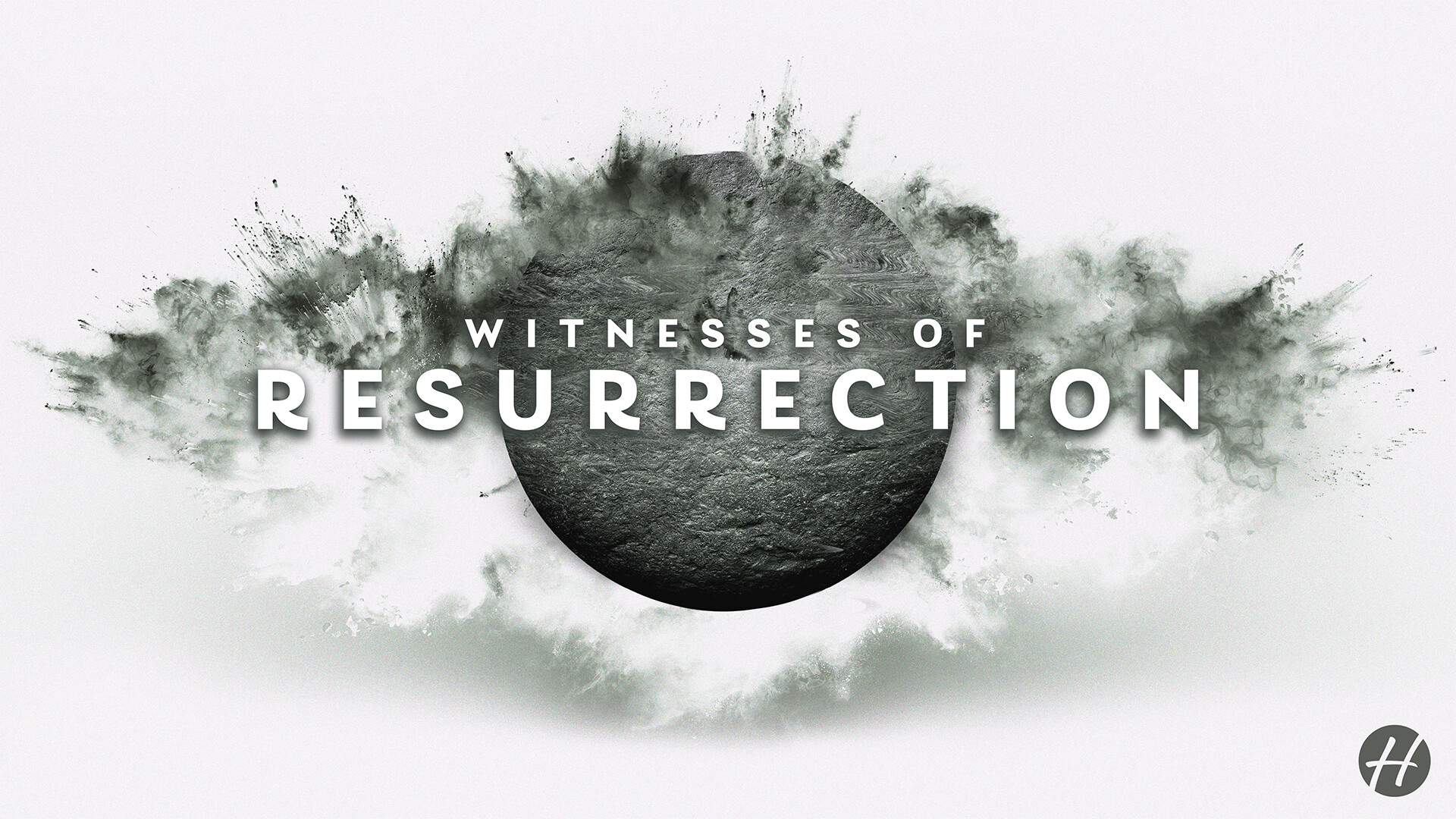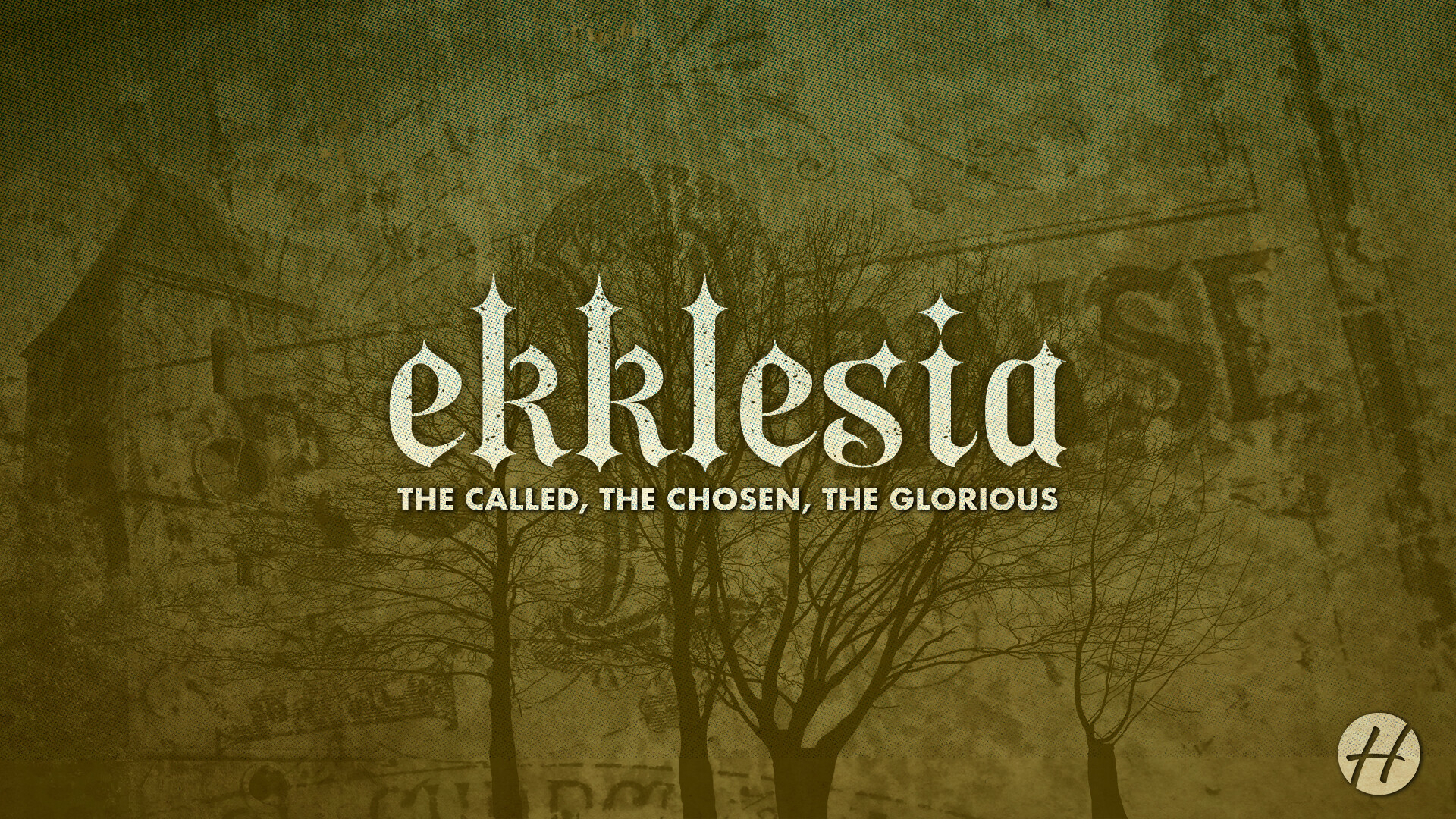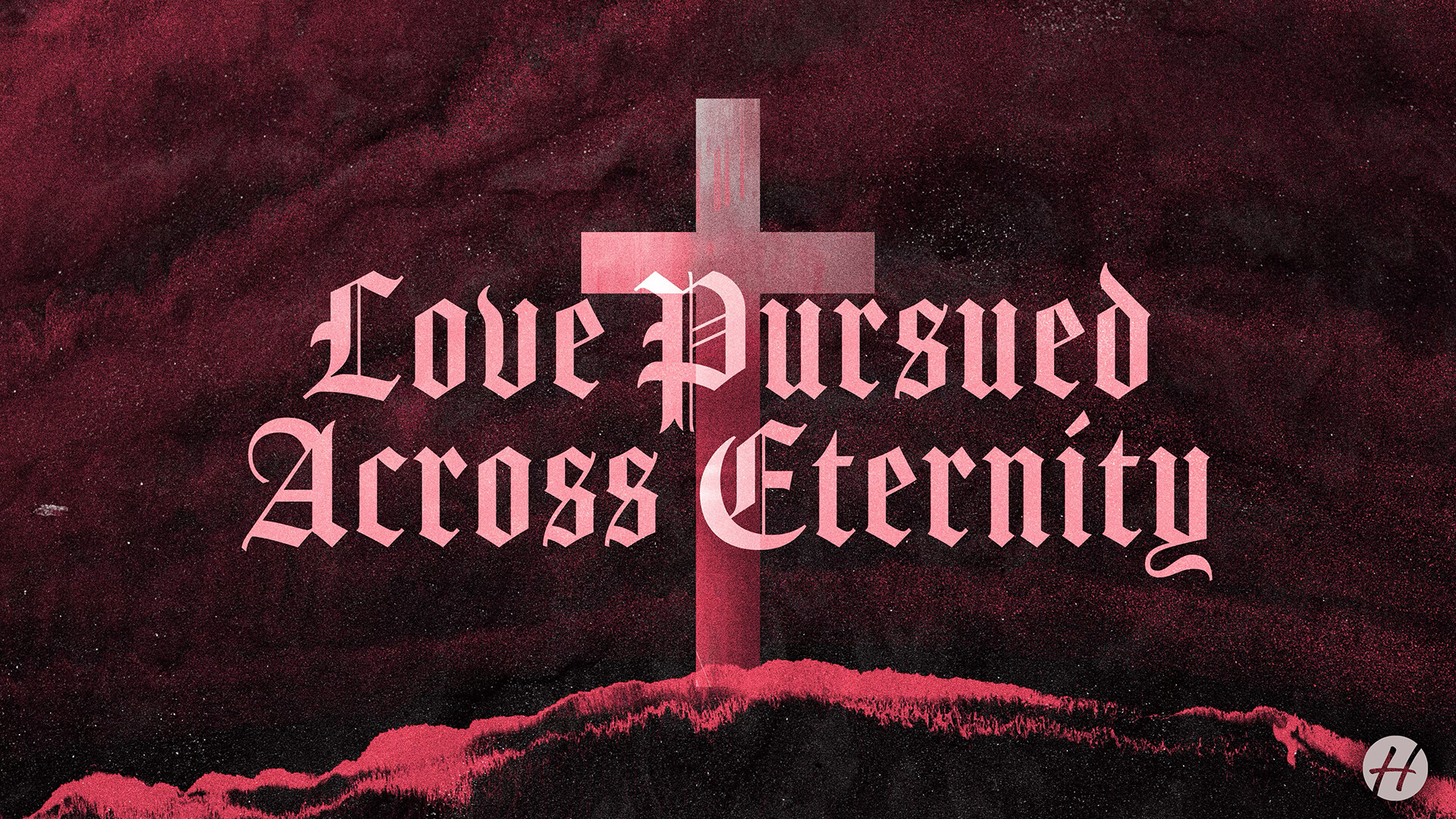
My point in this post is to delve into the transformative power of the Resurrection, as seen through the life of Peter. Our journey begins on that fateful Friday when our Savior, burdened with the sins of the world, declared, "It is finished," and surrendered His spirit. The disciples, save for John and the women, were shrouded in fear, hiding away. Yet, in the urgency before the Sabbath, Joseph of Arimathea sought and received permission to lay Jesus in his own tomb.
Come Sunday, the tomb was found empty, and the risen Christ began appearing to many, starting with Mary Magdalene. He later stood among the disciples, offering peace, showing His wounds, and sharing a meal of fish. Intriguingly, the Scriptures do not detail a private exchange between Peter and Jesus during these appearances, despite Peter's recent denial and the guilt that must have weighed heavily upon him.
Reflecting on Peter's journey, we see his evolution from a fisherman to a follower of Christ. In Luke Chapter 5, Jesus instructs Peter to cast his nets into the deep, resulting in a miraculous catch. Overwhelmed, Peter falls at Jesus's feet, and Jesus calls him to become a fisher of men. This marked the beginning of Peter's transformation, but it was not complete until after the Resurrection.
Pre-resurrection Peter was bold, yet his understanding of Jesus was incomplete. He declared Jesus as the Messiah but lacked the full revelation of His Lordship. Rock Bottom Peter, on the other hand, faced the bitter reality of his denial, a moment that brought him to his knees as he wept bitterly. It was a place many of us have visited, where our failures seem to define us.
Yet, the Resurrection brings us to Transformed Peter. After witnessing the risen Lord, Peter's life was radically altered. He moved from thinking Jesus was the Messiah to knowing it with unshakeable certainty. This knowledge empowered him to lead the early church with boldness and authority.
In our own lives, we may relate to the different stages of Peter's journey. We may have moments of bold declarations followed by failures and denials. But let us hold fast to the truth that the Resurrection changes everything. It is the most pivotal moment in history, and because of it, we can know Jesus is the Messiah, not just think it.
Key Takeaways:
1. The Resurrection is not merely an event to acknowledge; it is a transformative power that changes our very identity. Like Peter, we may start with a simple acknowledgment of Jesus as the Messiah, but it is through the Resurrection that this belief becomes a deep-seated knowledge that can withstand trials and denials.
2. Our failures and denials, much like Peter's, are not the end of our story. They are often the prelude to a deeper encounter with the grace and mercy of Jesus. When we hit rock bottom, we are positioned to look up and see the risen Savior who calls us to a life of redemption and purpose.
3. The call to follow Jesus is an invitation to leave behind our old ways and embark on a journey of faith. This journey is marked by moments of revelation and transformation that shape us into the image of Christ, as we move from knowing about Him to knowing Him intimately.
4. The Resurrection assures us that Jesus's claims are true and His power is real. It is the cornerstone of our faith, providing the foundation upon which we can build our lives and our eternal hope. Without the Resurrection, our faith would be in vain, but with it, we have a living hope.
5. The personal encounter with the risen Christ is essential for transformation. It is not enough to be a follower in name or by association. Like Peter, we must have our own encounter with Jesus, allowing His resurrection power to work within us and propel us into our God-given destiny.




Login To Leave Comment